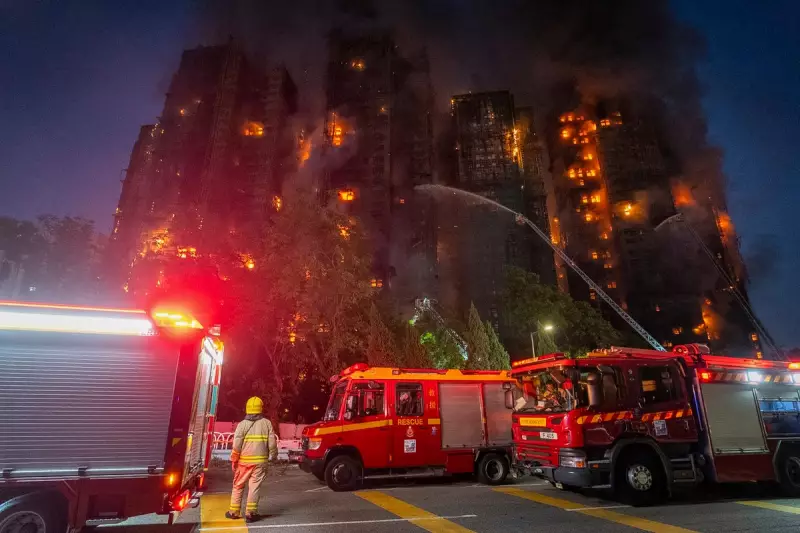
Fourteen prominent Hong Kong pro-democracy activists have been found guilty of conspiracy to commit subversion in a landmark trial that has drawn international attention and raised serious questions about political freedom in the territory.
The Landmark Verdict and Its Implications
The verdict was delivered after a lengthy trial that focused on an unofficial primary election held in July 2020. Prosecutors argued that the activists' participation in the primary constituted a plot to overthrow the Hong Kong government and undermine its authority.
Among those convicted were several high-profile figures, including former lawmakers and district councillors who had been prominent voices in the pro-democracy movement. The trial has been widely viewed as a test case for how Beijing's national security law would be applied to political activities in Hong Kong.
The defendants had maintained that their actions were part of legitimate political activities protected under Hong Kong's mini-constitution, known as the Basic Law. However, the court found that their participation in the primary election crossed the line into illegal subversion.
Background and International Reaction
The case stems from events in 2020 when pro-democracy activists organized an unofficial primary election aimed at coordinating their candidates for Legislative Council elections. The government subsequently postponed those elections, citing coronavirus concerns, but authorities later arrested dozens of participants in the primary under the national security law.
International human rights organizations and several Western governments have expressed serious concerns about the verdict and its implications for political freedom in Hong Kong. Critics argue that the national security law is being used to suppress legitimate political opposition and silence dissent.
The Hong Kong government and Beijing authorities have consistently defended the national security law as necessary to maintain stability in the territory following the massive pro-democracy protests that rocked Hong Kong in 2019.
What Comes Next for Hong Kong's Political Landscape
This verdict is likely to have far-reaching consequences for Hong Kong's political landscape. With many prominent pro-democracy figures now convicted or in exile, the territory's legislative bodies have become dominated by pro-Beijing politicians.
The case also sets a significant legal precedent for how future political activities will be treated under the national security law. Legal experts suggest that the broad interpretation of subversion used in this trial could potentially criminalize a wide range of political organizing and opposition activities.
As Hong Kong continues to navigate its relationship with mainland China, this verdict underscores the ongoing erosion of political freedoms that many residents and international observers had come to expect under the "one country, two systems" framework that governed the handover from British rule in 1997.
The sentencing for the convicted activists is expected to be announced in the coming weeks, with potential prison terms that could extend to life imprisonment under the national security law's provisions.





